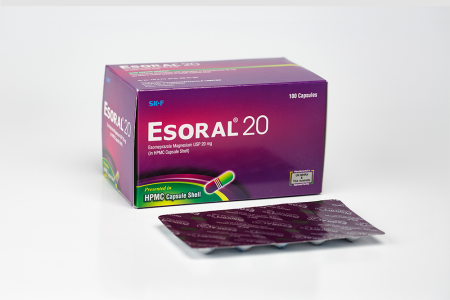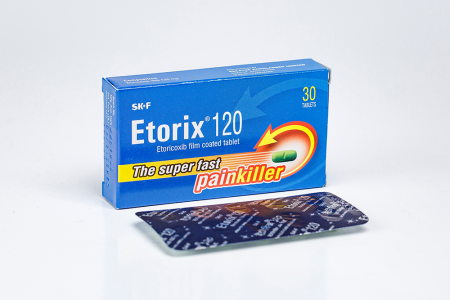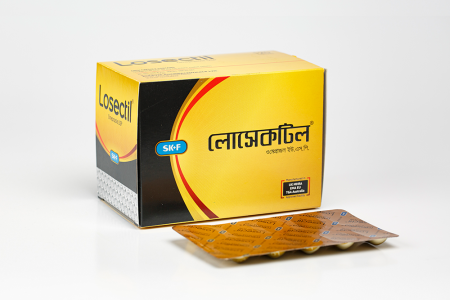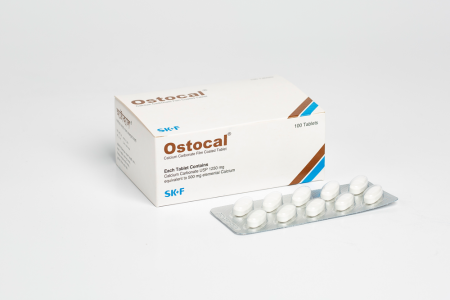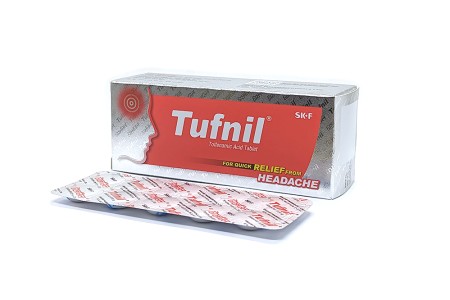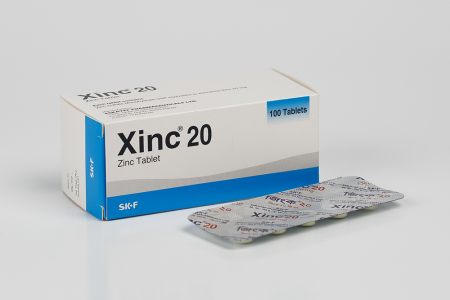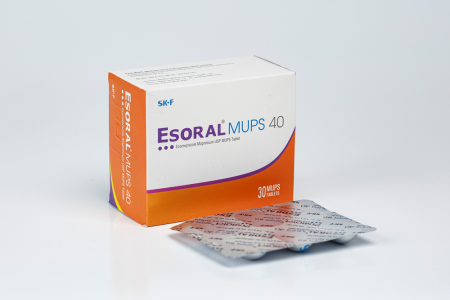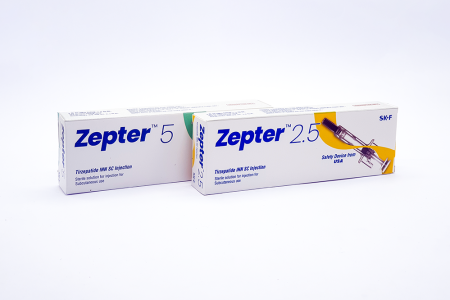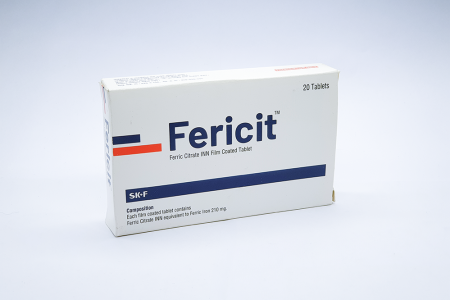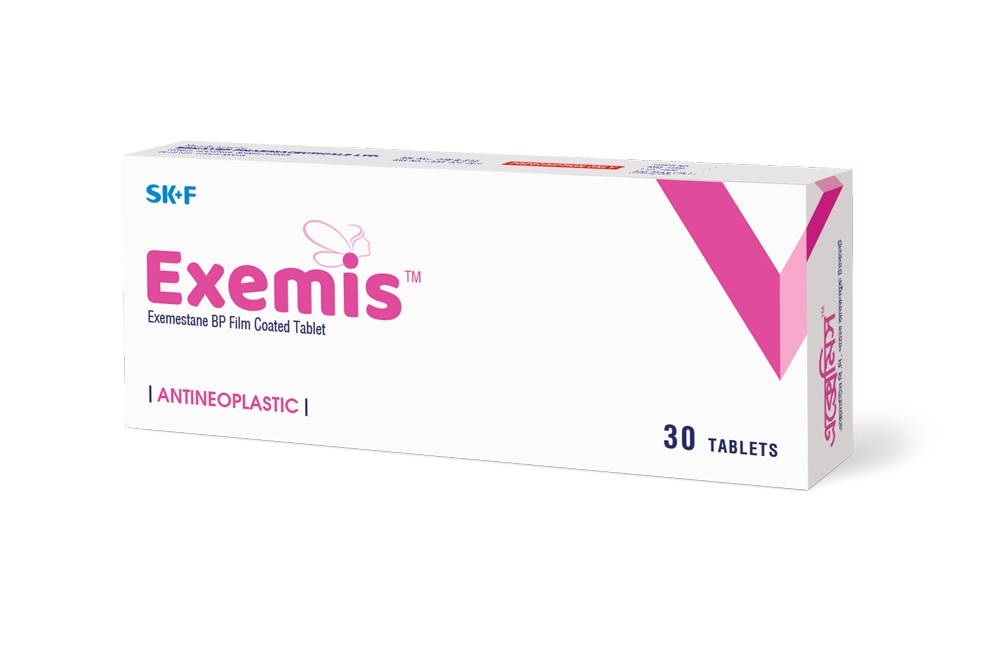

Exemis
Indications
Adjuvant treatment of postmenopausal women with estrogen-receptor-positive early breast cancer who have received two to three years of Tamoxifen and are switched to Exemis for completion of a total of five consecutive years of adjuvant hormonal therapy.
Treatment of advanced breast cancer in postmenopausal women whose disease has progressed following tamoxifen therapy.
Pharmacology
Exemestane is an irreversible, steroidal aromatase inactivator, structurally related to the natural substrate androstenedione. It acts as a false substrate for the aromatase enzyme, and is processed to an intermediate that binds irreversibly to the active site of the enzyme, causing its inactivation, an effect also known as suicide inhibition. Exemestane significantly lowers circulating estrogen concentrations in postmenopausal women, but has no detectable effect on adrenal biosynthesis of corticosteroids or aldosterone. Exemestane has no effect on other enzymes involved in the steroidogenic pathway up to a concentration at least 600 times higher than that inhibiting the aromatase enzyme.
Dosage & Administration
The recommended dose of Exemestane in early and advanced breast cancer is one 25 mg tablet once daily after a meal.
Adjuvant treatment of postmenopausal women with estrogen-receptor positive early breast cancer who have received two to three years of tamoxifen and are switched to Exemestane for completion of a total of five consecutive years of adjuvant hormonal therapy.
The treatment of advanced breast cancer in postmenopausal women whose disease has progressed following tamoxifen therapy.
Dose Modifications: Concomitant use of strong CYP 3A4 inducers decreases exemestane exposure, For patients receiving Exemestane with a strong CYP 3A4 inducer such as rifampicin or phenytoin, the recommended dose of Exemestane is 50 mg once daily after a meal.
Interaction
Co-medications that induce CYP 3A4 (e.g., rifampicin, phenytoin, carbamazepine, phenobarbital, or St. John’s wort) may significantly decrease exposure to Exemis. Dose modification is recommended for patients who are also receiving a strong CYP 3A4 inducer.
Contraindications
Exemestane is contraindicated in patients with a known hypersensitivity to the drug or to any of the excipients.
Side Effects
Hot flushes
Fatigue
Arthralgia
Headache
Insomnia
Increased Sweating
Pregnancy & Lactation
Based on findings in animal studies and its mechanism of action, Exemestane can cause fetal harm when
administered to a pregnant woman. Limited human data from case reports are insufficient to inform a drug-associated risk. In animal reproduction studies, administration of exemestane to pregnant rats and rabbits caused increased incidence of abortions, embryo-fetal toxicity, and prolonged gestation with abnormal or difficult labor. Advise pregnant women of the potential risk to a fetus. The estimated background risk of major birth defects and miscarriage for the indicated population is unknown. In the US general population, the estimated background risk of major birth defects and miscarriage in clinically recognized pregnancies is 2-4% and 15-20%, respectively.
There is no information on the presence of exemestane in human milk, or on its effects on the breastfed infant or milk production. Exemestane is present in rat milk at concentrations similar to maternal plasma. Because of the potential for serious adverse reactions in breastfed infants from Exemestane, advise a woman not to breastfeed during treatment with Exemestane and for 1 month after the final dose.
Precautions & Warnings
Reductions in bone mineral density (BMD) over time are seen with Exemis use.
Routine assessment of 25-hydroxy vitamin D levels prior to the start of aromatase inhibitor treatment should be performed.
Embryo-Fetal Toxicity: Can cause fetal harm. Advise females of reproductive potential of the potential risk to a fetus and to use effective contraception.
Storage Conditions
Keep below 30°C temperature, away from light & moisture. Keep out of the reach of children.



